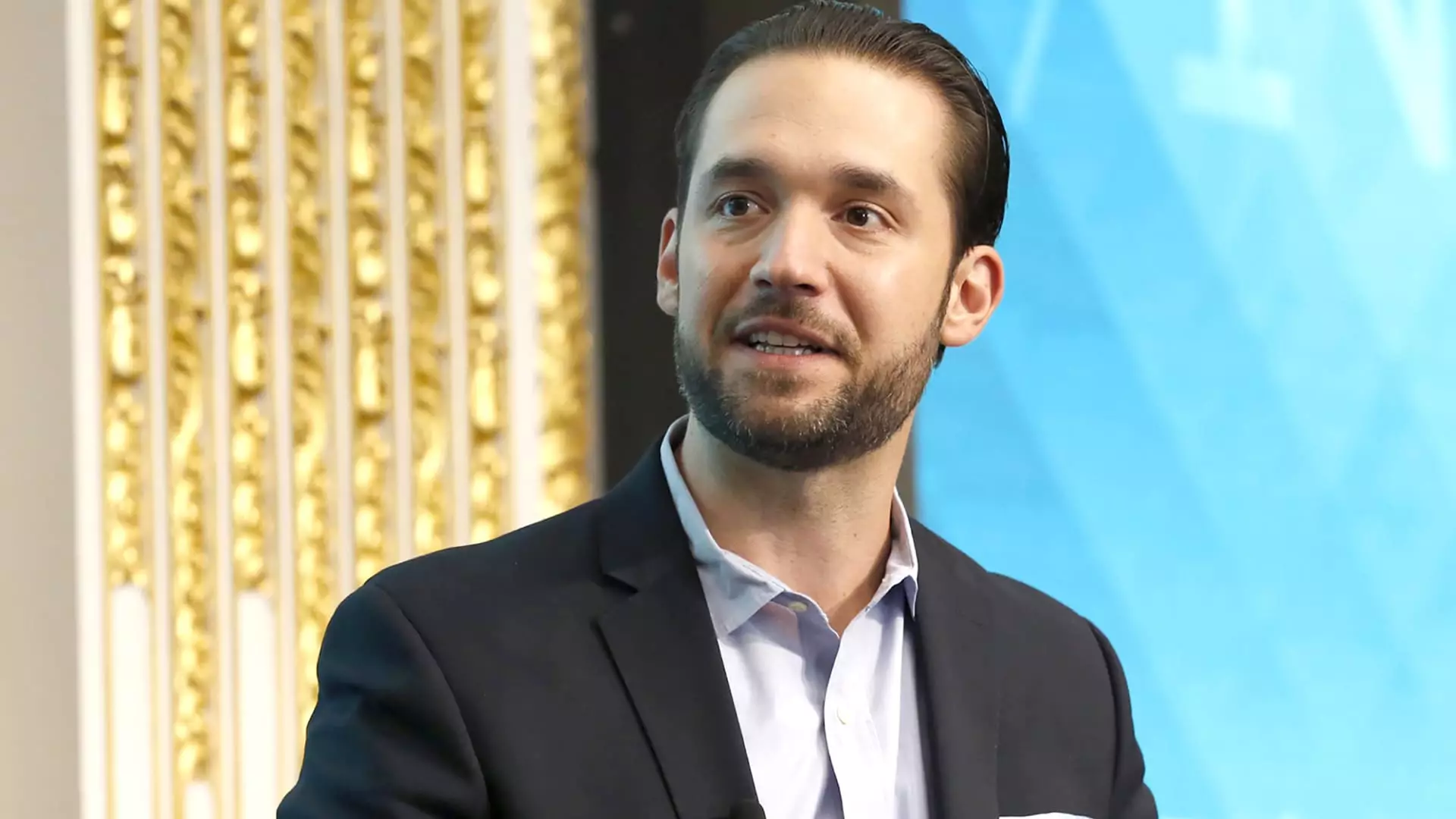In an intriguing twist in the social media landscape, Digg—once a titan of content aggregation—has re-emerged through the unlikely partnership of its founder, Kevin Rose, and Reddit co-founder Alexis Ohanian. Acquiring Digg, the pair, backed by venture capital firms like True Ventures and Ohanian’s own Seven Seven Six, has sparked curiosity and optimism in a field long dominated by giants like Facebook and Twitter. This strategic partnership, revealed in a lively video announcement, is described by Rose as a “team-up he would have never imagined 20 years ago,” a statement that encapsulates the both nostalgia and ambition that this new chapter represents.
The stark contrasts between their original platforms cannot be overlooked: while Digg pioneered user-driven story ratings in its heyday, Reddit ascended by creating nuanced communities centered around niche topics. The integration of these differing philosophies raises compelling questions about how Digg could reclaim its place in a landscape that’s evolved drastically since it was last a frontrunner.
Learning from Past Mistakes
Digg’s initial rise to fame is a cautionary tale of how quickly digital fortunes can shift. Launched in 2004, the platform thrived on user engagement, allowing individuals to vote on stories and help determine what became the next viral piece of content. However, a combination of mismanagement and fierce competition from increasingly sophisticated platforms like Facebook led to rapid decline. By 2012, it was sold for a mere $500,000— a far cry from its peak valuation of $160 million.
This history should serve as a backdrop as Ohanian and Rose devise strategies to innovate while avoiding past pitfalls. One key differentiator they have promised is a heavy focus on AI innovations aimed at enhancing the user experience. Such technology could empower users and facilitate more meaningful interactions, effectively allowing individuals to shine through the noise.
The Importance of User Trust
In a world where social media platforms are often scrutinized for their opacity and algorithms that prioritize profit over user experience, Digg’s commitment to prioritizing transparency is refreshing. Their vision to reward human effort and cultivate enriching discussions stands in stark contrast to platforms driven by sensationalism and clickbait.
This promise resonates especially with today’s increasingly skeptical audience, who yearn for authenticity in their online interactions. By creating an environment where users are actively involved and emotionally invested, Digg can foster a sense of community that’s often lacking in many popular platforms today.
Competing with the Giants: A New Social Media Paradigm
As Digg aims to carve out its niche, it faces the daunting challenge of competing not just with entrenched players like Reddit (which continues to thrive with a user base nearing 102 million daily active users) but also emerging platforms that appeal to younger demographics. It must navigate these waters carefully while actively listening to its users to adapt its offerings accordingly.
The promise of a “human-centered alternative” is an ambitious one. It’s crucial for Digg to provide something more than just a platform for content aggregation; it needs to cultivate atmospheres of genuine connection. By leveraging both new technologies and community-driven approaches, Digg could potentially reshape the discourse around what social media should be.
Ohanian’s Bold Move Beyond Reddit
Interestingly, this partnership marks another significant chapter in Ohanian’s post-Reddit journey. Since stepping down from the board in 2020, he has expanded his portfolio through various ventures, showing an appetite for risk and innovation. His involvement in acquiring Digg not only highlights his faith in his fellow co-founder but also showcases his ability to pivot and venture into new territory.
Ohanian has also been vocal about his desire to tackle the challenges presented by platforms like TikTok, suggesting that he is not just resting on his laurels but is eager to confront the complexities of the modern digital landscape head-on.
In a marketplace increasingly defined by user agency and engagement, the revival of Digg under Ohanian and Rose’s stewardship may very well be the catalyst that reinvigorates discussions about ethical and user-centered social platforms. As they embark on this ambitious journey, all eyes will be on Digg to see if it can indeed light the way for a more transparent and authentic social media experience.

